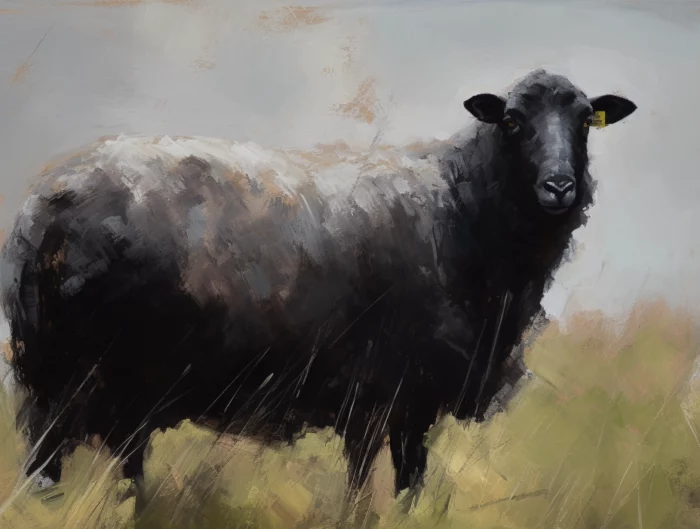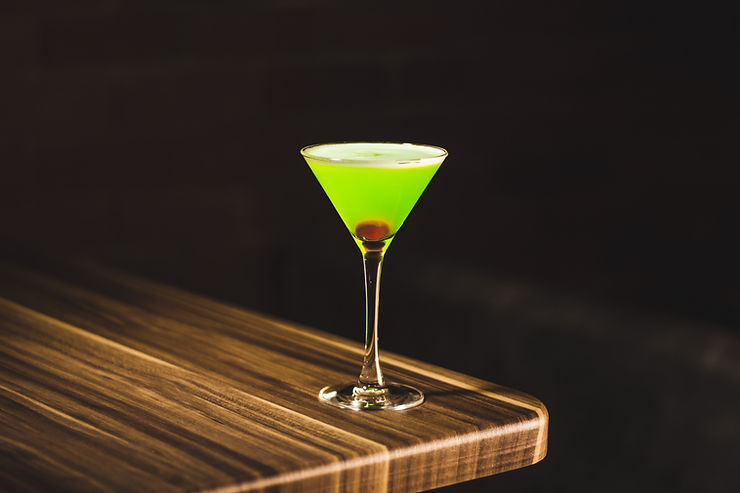Ten Days Before. You sit hunched on the edge of the hospital bed, head in your hands, trying to find a position to lessen the pain striating your body from thirty years of rheumatoid arthritis. You spy the lower hem of my pants when I rush into the room, straight from the airport, and say, “I see you’re wearing those skinny-ass jeans again.”
I’m most comfortable in jeans and a t-shirt, but you, my mother, have always had an eye for fashion, for fine details. A master seamstress, you made my wedding dress—a fancy pattern with lace and pearls—that I loved. Sometimes, I like to dress up.
That stylish eye of yours extended to your doctors—a suite of specialists. It started with the rheumatologist. Then you added a cardiologist, a pulmonologist, a gastroenterologist, and lastly a nephrologist. I was impressed with how you thoroughly researched your prospective doctors, investigating their medical training, talking to other patients, and especially interviewing their nurses. But another test, as with everything, always relied on your keen eye. “Pressed shirts,” you said of your cardiologist. “Always put together,” you said of your gastroenterologist.
Your nephrologist arrives for one last visit before releasing you to an acute care rehabilitation center where you’ll start regular dialysis treatments for the remainder of your life. You’re seventy-nine. “I’m not afraid of death,” you tell him. “But I’m not ready to die.”
After thirty years of you defying medical odds, I now consider for the first time that death is as close as the waiting room of your life.
After he leaves, you say, “Did you see those shoes? Italian.”
Nine Days Before. The day you’re released from the hospital, you bend over on the side of the bed, clipping and filing toenails, rubbing lotion on your feet and calves. You brush your teeth and hair, apply blush to your cheeks and a spot of lipstick. You change out of your hospital gown for the first time in five weeks, to wear a dress for the three-mile shuttle ride, a long black tunic with a delicate leaf pattern stenciled in white. It’s pretty, but not handmade. You stopped sewing when arthritis stiffened your fingers.
During the numerous intake questions by various staff members at the rehab center, they all express surprise: before your four-week hospital stay, you walked without assistance, performed all your own daily self-care, and lived an independent life. Independent is a good word for you. You raised us as a single parent during the workweek while our salesman father traveled. One characteristic of your independence is magnetism. You still draw us in, mother hen to her chicks, my two brothers and me. We may live hundreds, or in my case thousands, of miles away, but we still flock to you. It reminds me of playing hide-and-seek during the long waning light of summer when you’d call, your voice piercing the dark, and we’d hear, we’d turn, we’d run home.
When you realize I’m taking your picture, you sit up straight, clasp your hands, and smile.
Four Days Before. Your room is bright, with a wall of windows overlooking a courtyard of trees. Your dialysis treatment runs long, because your blood pressure keeps dropping. You’re nauseous, and you tell me to slow down as I push your wheelchair to the cafeteria for dinner. You poke at the food on your plate—mashed potatoes and chicken of some kind —and I think of the dinners of my childhood, the way I tested your motherly limits with the many foods I wouldn’t eat. I watch as you gag bird-sized bites into a napkin, the way I once did. Only I was just a picky eater.
Your body aches. Your neck. Your shoulder. Your back. I stop by the nurse’s station to request more pain meds.
Inch by inch, I wheel you outside to the courtyard. It’s summer, and darkness comes late in the Midwest. “There’s a bird’s nest in that tree,” you say. You were a birder before there was a term for such interests. It’s only now in my fifties that I might call myself a birder. But living in Hawaii, I have a life list that includes seabirds such as the majestic Laysan albatross, crepuscular wedge-tailed shearwater, and acrobatic red-tailed tropicbirds.
I push a few branches aside. “You’re right.”
“It’s a mockingbird,” you say, and I look it up online.
“Right again.”
Your eyesight never wanes.
When you make it clear you want me to spend the night at the rehab center with you, I doze on the recliner, only to jerk awake and see your brown eyes lasered on me as if you were stitching together the movie of our life.
One Day Before. You’re taken by ambulance back to the hospital with no time to change into traveling wear. Your gastroenterologist comes in. For a year, you’ve been telling me about the Vietnamese refugee who had grown up to become an exceptional surgeon and who painstakingly took eight long hours to successfully remove eighteen inches of your lower colon during another medical emergency. On this day, the good doctor looks outfitted for a round of eighteen holes at the country club.
“I can’t live with this pain,” you say to her. “I’m ready for God to take me.”
Thirty Days After. After the celebration of life and funeral and family gatherings and hugging and crying, I’m at a medical center back home in Hawaii. It’s my third visit with the doctor, a rheumatologist. I note his polished black shoes and the tailored blue shirt under his white lab coat, and I think of you. You’d approve.
His diagnosis: no rheumatoid arthritis. No lupus. No autoimmune disease.
Later, I will spend an afternoon hiking a trail in a wetland, knowing how grateful you’d be that I didn’t inherit the disease that zig–zags through our family tree. That it won’t deform my hands, won’t weaken my heart, won’t debilitate me with pain. And as I walk, as a bird flies overhead, a feather will loosen from its wing. I will watch as that feather wafts on a sheath of air, cursiving the sky across the field, and lands at my hiking-booted feet.
“Hawaiian duck,” I hear you say.


